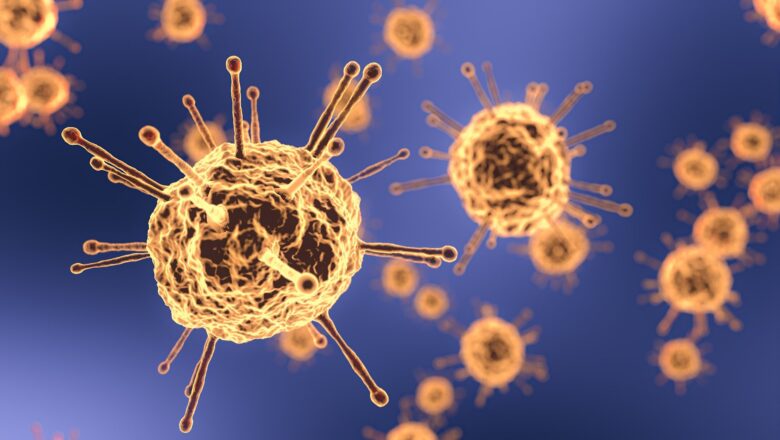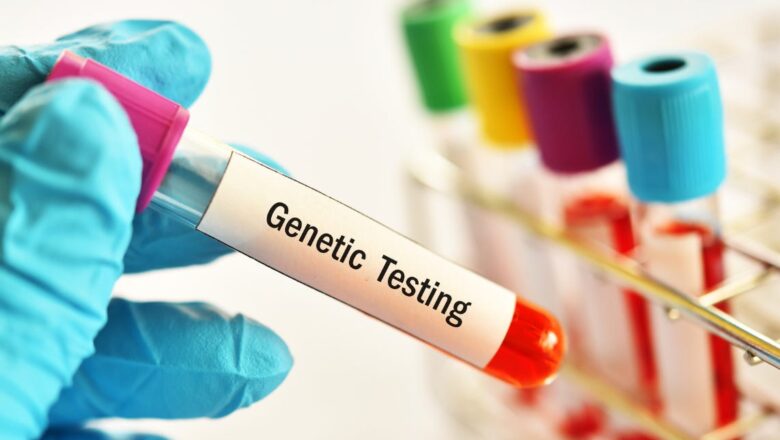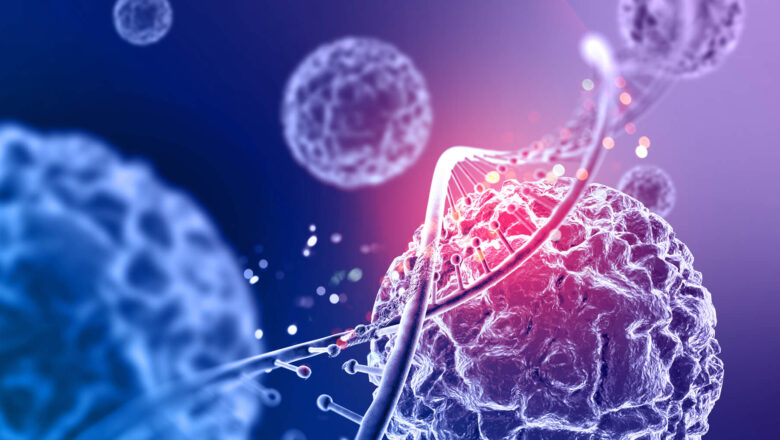
What is Spinal Muscular Atrophy (SMA)? Symptoms and Diagnosis
Spinal Muscular Atrophy is a genetic disease that affects motor neurons in the central nervous system. This condition causes weakness and atrophy of the muscles, limiting the patient's mobility. SMA usually begins in childhood and progresses over time.
Causes of SMA
SMA usually occurs as a result of a mutation in the SMN1 gene. This gene ensures the healthy functioning of motor neurons in the body. Mutation in the SMN1 gene causes motor neurons to fail to function properly and atrophy over time.
Symptoms
Symptoms of SMA may vary depending on the patient's age, type and severity of the disease. However, the following symptoms are usually observed:
Muscle Weakness: Decreased ability to move and muscle weakness.
Muscle Atrophy: Muscles shrink and weaken over time.
Loss ...



